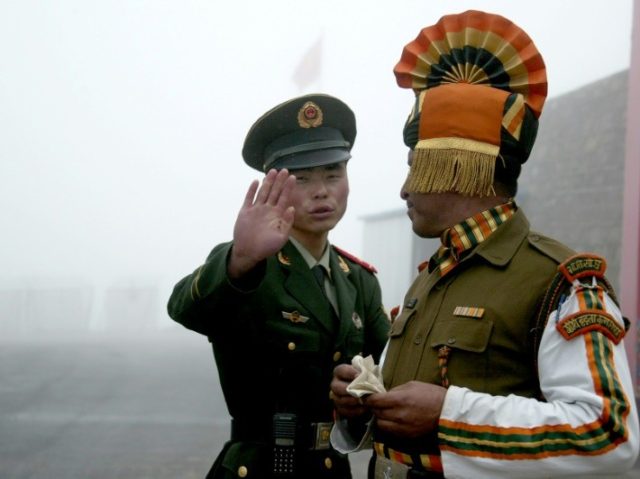Beijing recently declared the Doklam border region, home to a standoff between regional rivals India and China last year, an undisputed “Chinese territory,” once again provoking tensions with New Delhi.
Early this week, Hua Chunying, a spokesperson for the Chinese Foreign Ministry, said that Doklam, known as Donglang in China, ultimately belongs to China, reports the Financial Express.
Nevertheless, she reportedly added:
Regarding the border issue, China is committed to maintaining peace, stability, and tranquillity there and Donglang (Doklam) belongs to China as we have historical conventions. So China’s activity there is within its sovereign rights. There is no such thing as changing the status quo.
Hua credited Beijing with having the “wisdom” and leading the “efforts” responsible for resolving China’s face-off with India in 2017, claiming:
Last year, thanks to our concerted efforts, our diplomatic efforts, and wisdom that we properly resolved this issue. We hope the Indian side could learn some lessons from this, stick to historical conventions and work with China to ensure the peace and stability in the border area as well as a good atmosphere for the development of bilateral ties.
The Doklam plateau region sits near the border that divides India and China. It spans over territory in China, India, and New Delhi-backed Bhutan.
Last year, China’s decision to deploy troops to accompany workers seeking to extend a road into India’s side of the Doklam region triggered a nearly 70-day stand-off between the two countries.
To the dismay of India, China continued to beef up its military presence near Doklam even after the standoff ended, keeping about 1,000 Chinese troops in the region.
Less than a month after Beijing intensified its military presence late last year, Indian police reportedly thwarted a repeated attempt by Chinese workers to build a road on the Indian side of Doklam.
In January, the chief of staff for India’s army appeared to downplay the presence of China’s People’s Liberation Army (PLA) in Doklam.
India TV News quoted Gen. Bipin Rawat as saying:
While troops (PLA) may have returned and infrastructure remains, it is anybody’s guess whether they would come back there, or is it because of the winters that they could not take their equipment. But we are also there, so in case they come, we will face them.
The spokesperson for the Chinese Foreign Ministry did note that Beijing and New Delhi are trying to work out their differences.
Hua said:
China and India are exploring ways to resolve their territorial dispute through negotiations so that we can arrive at a mutually acceptable solution and pending the final solution, the two sides should work together and maintain peace and tranquillity in the area.
China’s comments on Doklam come after the Indian ambassador to China, Gautam Bambawale, warned Beijing in an interview with the South China Morning Post against any attempt to alter the present situation in the region, adding that any effort to do so would spark another standoff.
The Dalai Lama, the spiritual leader of Beijing-claimed Tibet, faced a cold shoulder from his supporters in New Delhi as India attempts to improve ties with China.

COMMENTS
Please let us know if you're having issues with commenting.